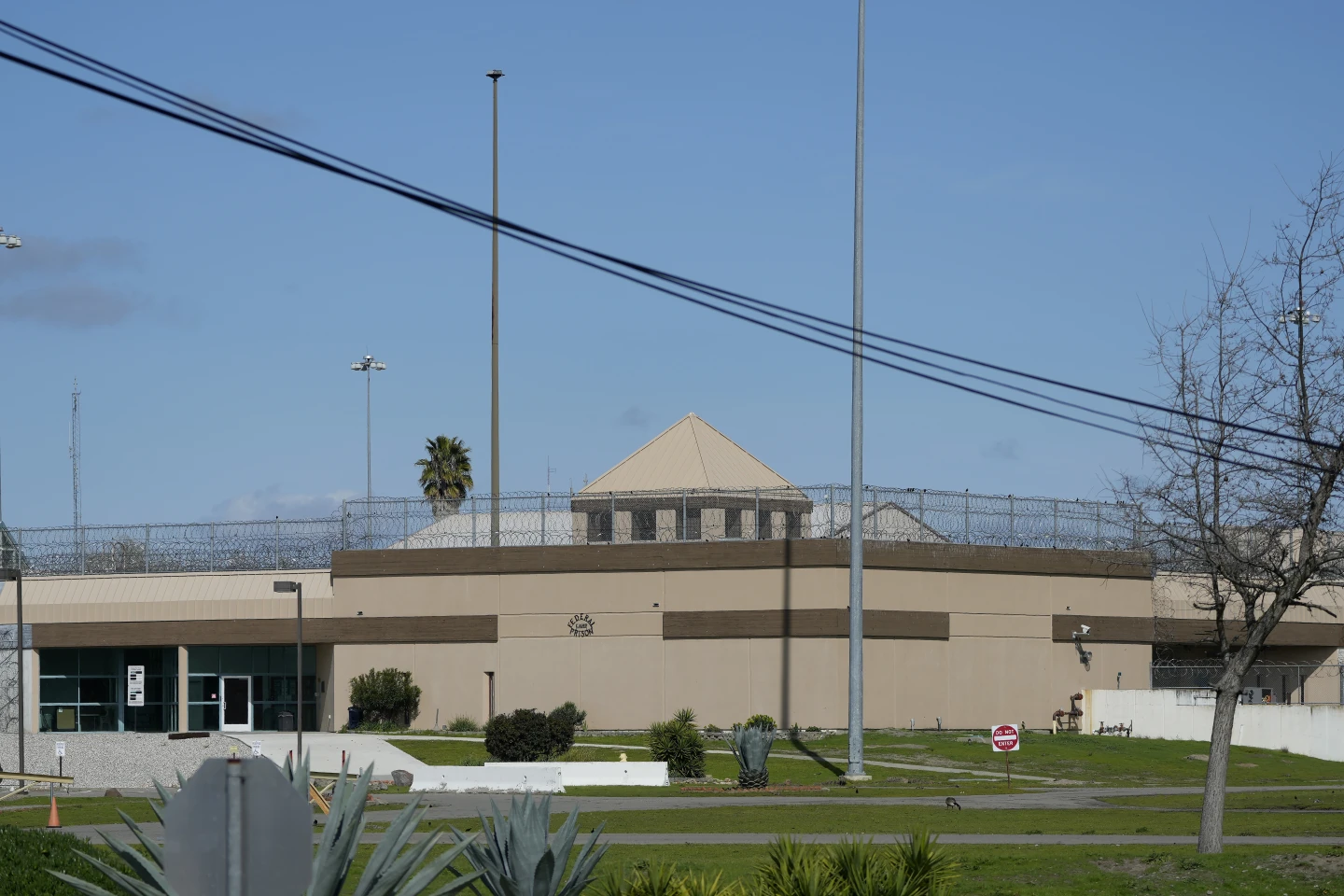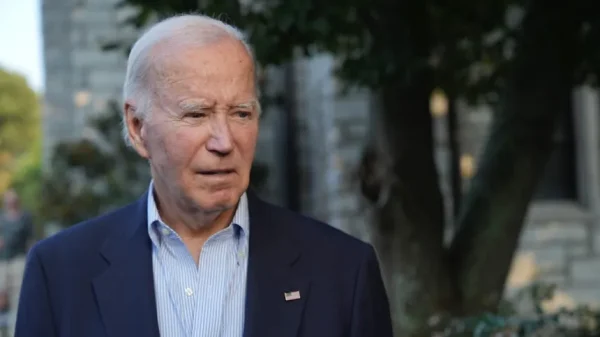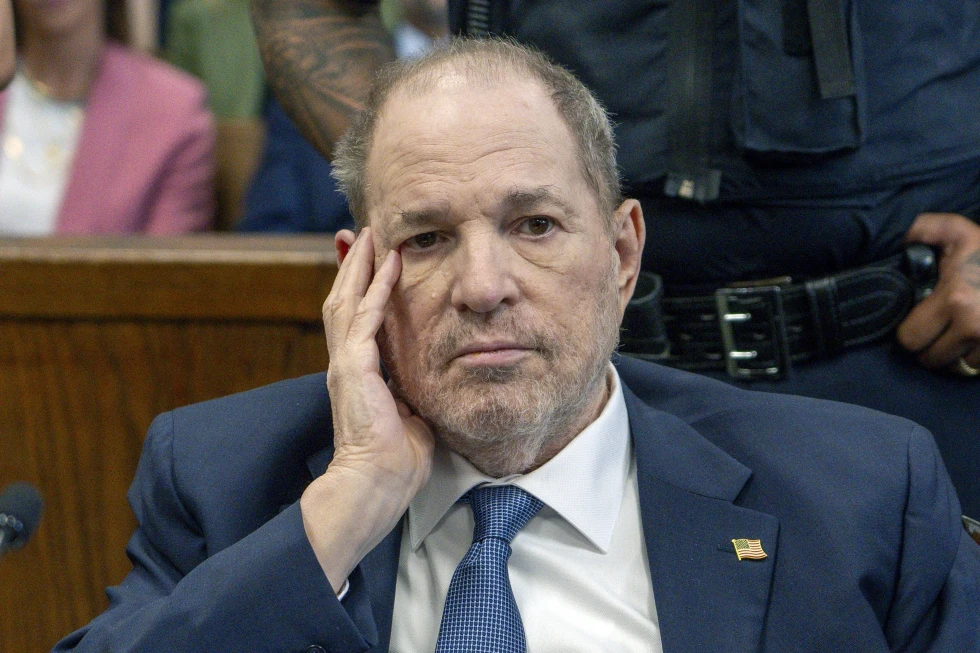On Wednesday, the New York state Senate passed a bill aimed at explicitly allowing evidence of previous sexual offenses in cases involving sex crimes. This legislative move is intended to amend the legal standard that Harvey Weinstein used to overturn his rape conviction.
The Senate voted 55-4 in favor of the bill, which will now move to the state Assembly for further consideration.
The push for this measure began following a decision by the state’s highest court to overturn Weinstein’s conviction. The court ruled that the trial judge had unfairly allowed testimony from women about assault allegations that were not part of the criminal charges against Weinstein.
Currently, New York permits such evidence in specific circumstances, like to demonstrate motive or a pattern of behavior, but these rules are based on existing legal interpretations rather than explicit state law.

The Federal Correctional Institution (Via Aaron Jones/Shutterstock)
If passed, the bill would clarify that evidence of prior sexual offenses can be presented in sex crimes trials, even if these past allegations are not directly related to the specific charges at hand. The proposal also grants judges the discretion to exclude such testimony if it could unfairly prejudice the defendant.
Advocates for the bill noted that its language mirrors standards used in federal law and by more than a dozen other states.
However, critics, including the Legal Aid Society, caution that the bill could confuse jurors by allowing too much unrelated evidence in trials, potentially leading to unjust convictions.
Weinstein, who has consistently denied the accusations against him in New York, including rape and sexual assault, saw his 2020 conviction as a pivotal moment in the #MeToo movement. The Manhattan district attorney’s office aims to retry him as early as September.

























